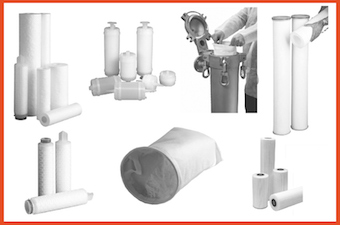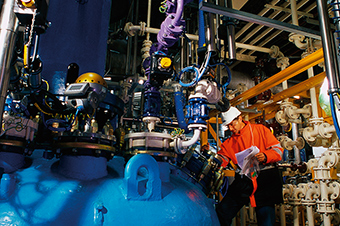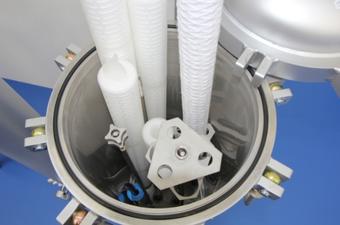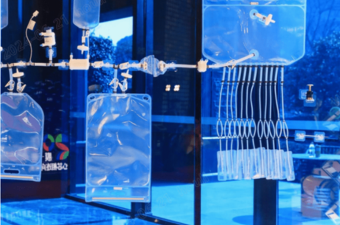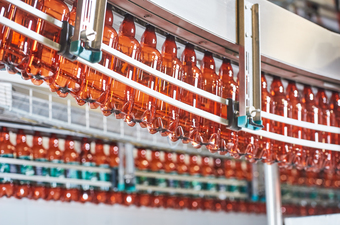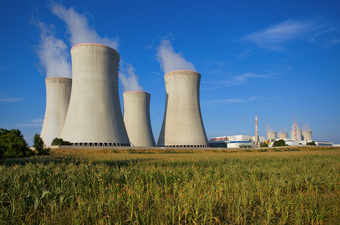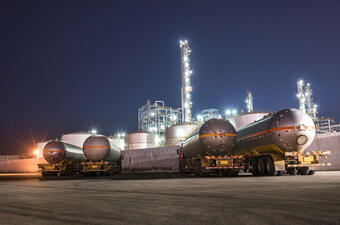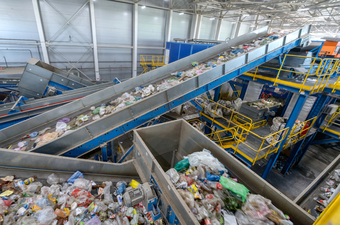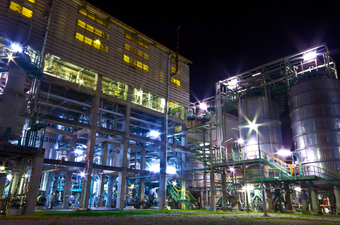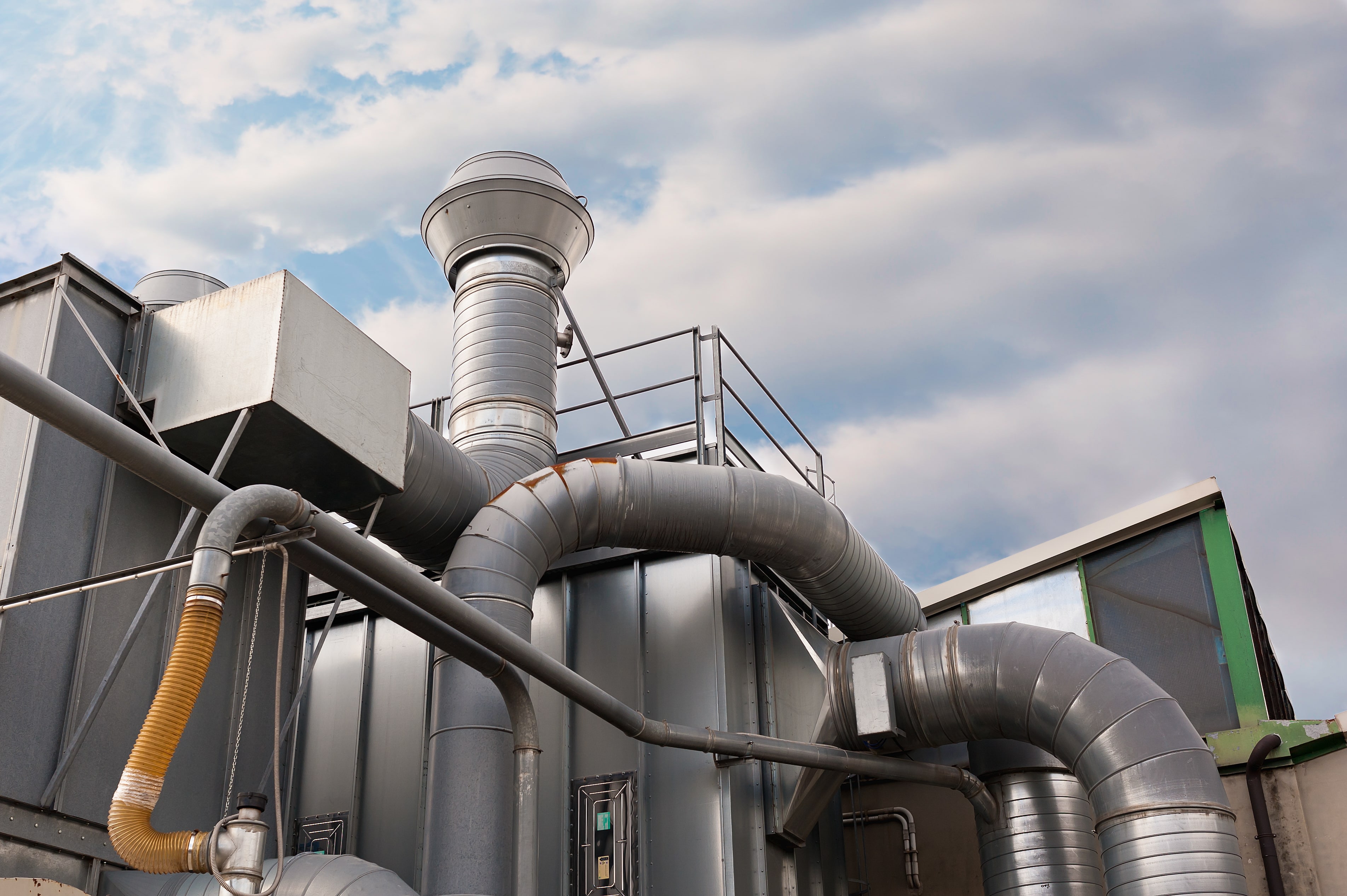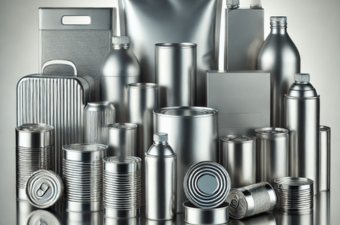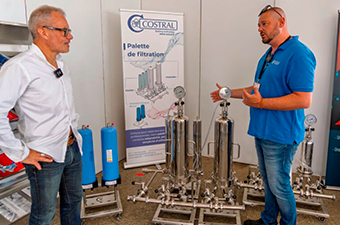Refining petroleum products, manufacturing polymer films or plastic bottles, producing paints and varnishes, synthesising thermosetting resins for the aeronautics industry, producing fertilisers, etc. In the chemical and petrochemical industries, it is essential to be able to filter particularly aggressive, highly viscous chemical compounds or those heated to high temperatures. Metal filters meet these filtration requirements under extreme conditions of pressure, temperature, oxidation and viscosity. Here's how it works.
Specific filtration requirements for the chemical and petrochemical industries
Chemical and petrochemical processes often involve operating at high temperatures, sometimes in excess of 500°C. They often involve corrosive compounds, such as halogenated products (dichloromethane, trichloroethylene, chlorobenzene, perchloroethylene, hydrofluoroalkanes, hydrofluoroethers) or strong acids. The viscosity of the fluids to be purified is also often high, for example when working with gels, resins, lacquers or paints. The materials used to manufacture filter housings and filters (filter cartridges, filter media) must therefore be adapted to these very specific requirements.
Filters: metal in all its forms
To respond to these different constraints, our partner filter manufacturers have developed ranges of filters based on metal filter elements. ‘Powder, fibre, mesh... metal is used in a variety of forms,’ explains Christophe Lextrait. Each of these geometries offers different filtration possibilities.

Pleated filter cartridges made from metal fibres assembled by sintering, for example, offer excellent impurity retention capacity during filtration, while at the same time having a high porosity. They can be cleaned in situ, without interrupting the filtration process for any length of time. They are used in refineries, for example.
Metallic powders are used to produce particularly uniform, corrosion-resistant filter media in stainless steel or innovative nickel-based alloys such as Hastelloy®. This type of media is used, for example, to manufacture cylindrical filter elements that provide effective depth filtration with a long service life. In particular, these filters are used to manufacture polypropylene films.
Finally, other filters are made from wire cloth, available in a variety of weaves, used as single layers or in complex multi-layer structures. Stainless steel wire cloth filters can be used at temperatures of up to 540°C, with operating peaks of up to 650°C, and are resistant to most chemicals. Several formats (sheet, cones, cylinders, etc.) are available. Available in a range of materials, wire mesh filters are used in agrochemical plants producing nitric acid and urea from ammonia, and for steam treatment in various chemical industries.
How easy is it to integrate metal filters into production lines?
Whatever the technology used (cloth, sintered powder or metal fibres), all the metal filters produced have excellent mechanical strength and resist deterioration in critical applications. Available in a wide range, they can also be made to measure to meet very specific requirements in terms of composition (Inconel®, Hastelloy®, Monel®) and dimensions. Finally, manufacturers also offer the parts needed to connect them to the rest of the installation, to standard norms to facilitate their integration on production lines. ‘The use of metal filters enables us to offer our customers highly specialised filtration solutions that are easy to implement in difficult operating environments,’ concludes Christophe Lextrait.

















